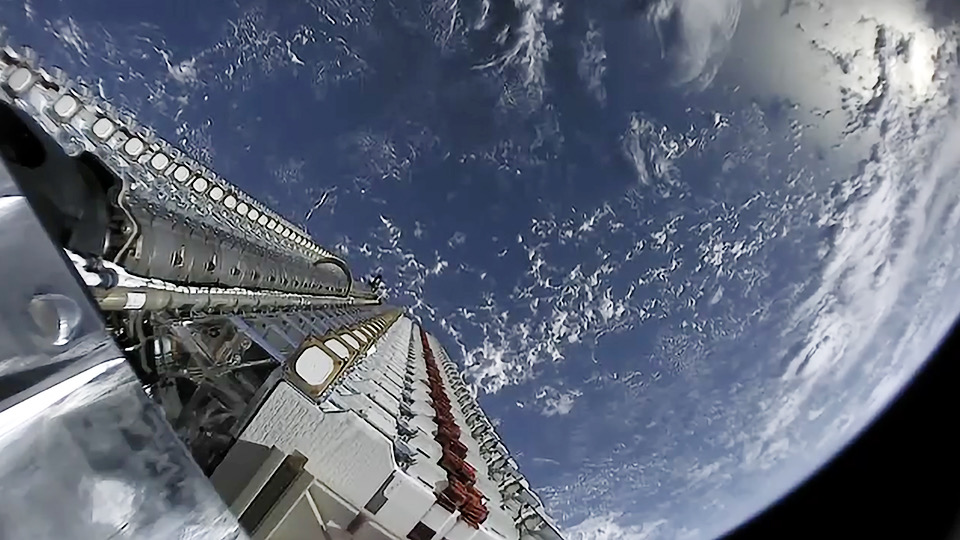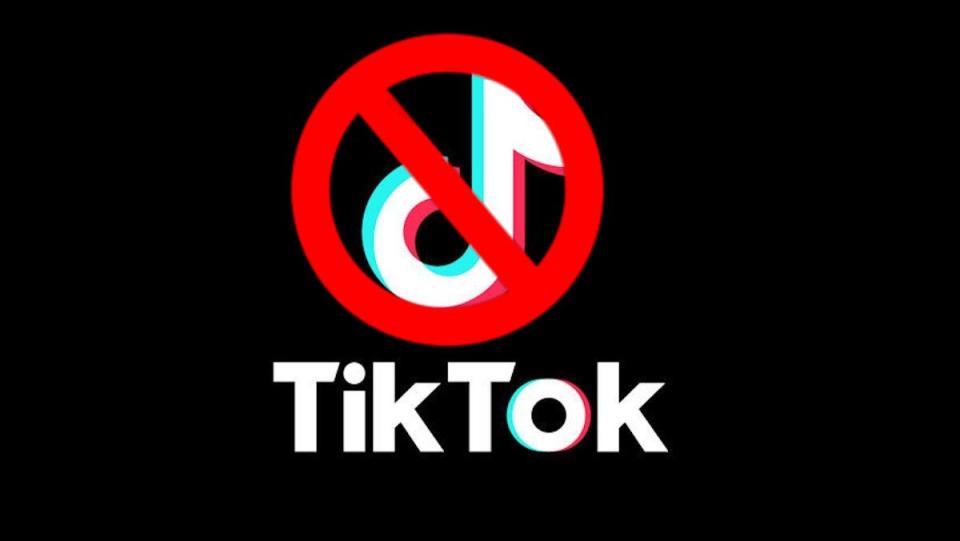The Low-Down
If you’ve looked at the night sky recently and noticed a chain of blinking lights moving towards the horizon, you’re looking at Starlink, SpaceX’s new satellite whose goal is to bring high-speed internet to remote areas, charging $110 a month for a subscription, according to Forbes.
Starlink.com says that “Starlink is a constellation of thousands of satellites that orbit the planet much closer to Earth, at about 550 km, and cover the entire globe.” For reference, the average internet-providing satellite orbits the Earth at a distance of 35,786 km. Because there are thousands of satellites, they must be interchanged frequently. SpaceX says that it has developed technology to easily launch new satellites, which are also designed to be “demisable.” This means that when a satellite is unable to remain in orbit, it can be maneuvered back into Earth’s atmosphere in a way where it will burn up long before impact. The heat of molecular collisions which occur due to the high speed atmospheric entrance causes the air around the satellite to become plasma (a high energy, high heat state of matter where electrons flow freely).
The satellites use a program to avoid potential collisions with other objects in space and are not controlled from the ground. Starlink uses laser technology to provide internet access to Earth without having to connect to ground stations. It’s also the first satellite ever made to be propelled by krypton, a noble gas element usually used in fluorescent lights. The krypton is used in an electric propulsion system which gets its electricity from a large quantity of solar panels.
Intentions
Clearly, Starlink seems to be very well engineered, innovative, and reliable (its internet connection operates with 99% confidence). The argument could even be made that it is sustainable, because of its use of solar power and its ability to operate without requiring the construction of ground stations. Despite all this, the creation of Starlink, which has the potential to provide internet to even the most remote corners of the Earth, does pose a question— is global internet access without bounds really a good thing?
It’s a known fact that computers’ speed and power roughly doubles every 1.5-2 years. This overwhelming growth rate has been accompanied by rapid social change in all sectors— much of it negative. With the grips of social media and the sort of hive mind effect created by the internet reaching into all age groups, it’s become even more important to reserve natural spaces as oases from the internet. This total spread would have severe dystopian implications including the abuse of SpaceX’s technology by militaries and the digitization of real-world interactions, including jobs, education, and even travel. The technological limits of wireless technology are a necessary guard rail.
It’s important to state that SpaceX has officially stated that involvement in wars is not its intention. CEO Elon Musk said to CNN, “Starlink was not meant to be involved in wars. It was so people can watch Netflix and chill and get online for school and do good peaceful things, not drone strikes.”
If Starlink became the go-to wireless option, and the technology were to improve at its current rate, the implications would be drastic. Starlink is simply too powerful of a technology to go global. This isn’t the only consideration— Starlink is also owned and operated by a private company which is already affiliated with X (formerly Twitter), one of the largest platforms for the spread of information. The same man who controls these two conglomerates also leads the EV industry with Tesla— and is the co-founder of OpenAI, one of the most advanced AI technologies currently on the market (whose main competitor is ChatGPT).
As long as a private company possesses Starlink and therefore the key to global internet access, without restriction, there is the danger of abuse. SpaceX currently dominates the private space industry without competition. Looking back in history at similar monopolies- think Rockefeller, Carnegie, and the American Tobacco Company of the 1920s- operation without regulation has not turned out well for us. Especially in the context of very advanced technology and transportation, it’s very surprising that the government has not already attempted to reign in Musk’s empire. Perhaps a lack of information surrounding AI and Starlink are at the root of this, as not many outside of the tech circle have a true understanding of how they work.
The Moral Argument
Prussian philosopher Immanuel Kant believed that autonomy was the ability of an agent to act out of objective morality rather than desires. According to the Internet Encyclopedia of Philosophy, “Kant’s ethics are organized around the notion of a ‘categorical imperative,’ which is a universal ethical principle stating that one should always respect the humanity in others, and that one should only act in accordance with rules that could hold for everyone.” In layman’s terms, the categorical imperative says that individuals should act for the universal good.
SpaceX is not acting for universal good by providing internet access for all (double entendre). The intention seems to lie somewhere between profit and a large-scale social experiment. This is worsened by the fact that SpaceX, a private company, acted out of its own free will to do something that reforms the way that the Internet impacts the Earth’s population.
Though the advancement of technology is inevitable at this point, the better it gets, the more important it is to consider its ethics. Nobody really considered the moral argument upon the release of social media— or if they did, they did not act on it. Now, social media has irreversibly altered pop culture, mental health, marketing and business, and how we spend our time. Now consider this same phenomenon, but for something hundreds of times larger and more powerful. The ramifications of Starlink and AI have the potential to do more than we can currently imagine.
Though Starlink is already in orbit and its momentum cannot be slowed down, it is time to consider placing restrictions on SpaceX before it develops lawlessly. Even assuming Starlink’s safety, reliability, and legality, it presents a moral question: How far, literally, should technology be able to go before it infringes on our right to autonomy?








































Mr.Morales • Feb 26, 2024 at 12:36 pm
Thank you for writing about this interesting topic! The rapid application of new technology and the expansion of scientific applications always needs to be done thoughtfully with broad consensus to avoid unintended disastrous consequences. The “pollution” of the night sky will be one to watch as the proliferation of satellites grows. Also, the consolidation of power with individuals is historically dangerous. Musk has been an important innovator that has undoubtedly had a positive impact on society through his work in the green energy sector, but his views have become increasingly polarizing over time. Starlink has been essential to Ukraine’s fight against invasion, but that fact gives huge geopolitical influence to a single individual who controls a company and was not elected to represent people. Lots of food for thought…thank you!
BC • Feb 25, 2024 at 5:42 am
I don’t see this as a problem, even though you seem to think it is one .
Can you divulge the Internet provider that paid you to write this “article”?